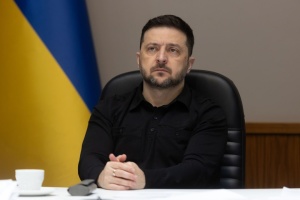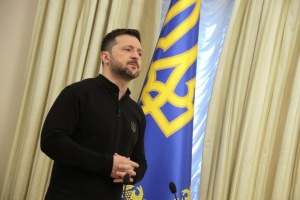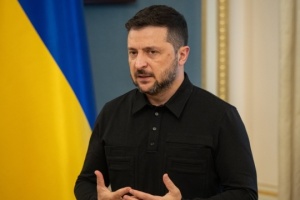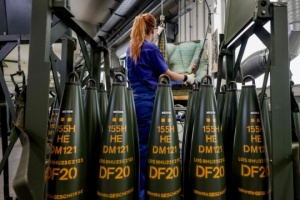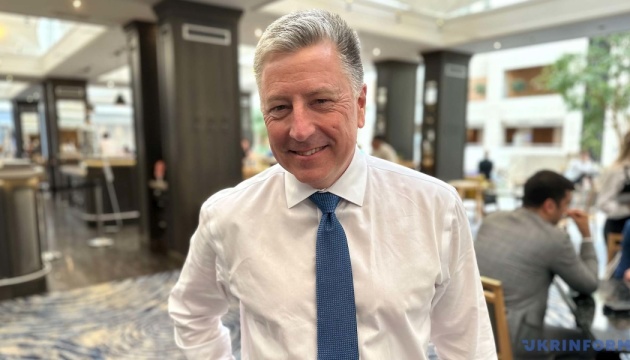
Trump still sees ending war in Ukraine as his priority – Volker
Former U.S. Special Representative for Ukraine Negotiations Kurt Volker said this in an interview with Ukrinform.
The diplomat confirmed that many people are advising the U.S. president to increase pressure on Putin, but Trump does not want to do that because he believes that if he does, it will be harder to pull Putin into a deal. Nevertheless, he may act through the legislative branch.
"I think what he'll do is similar to what he just did with Iran. He told the Iranians: 'Cut a deal, cut a deal, cut a deal.' They didn't—and then Israel struck. And he said, 'I told you so. You should've cut a deal.' I think it's the same now with Russia. He's got the Senate—84 members, which is a lot—ready to sponsor legislation to tighten sanctions, including secondary sanctions on Russia's oil, gas, and financial sectors," Volker said.
He suggested that Trump might give senators the green light and later tell Putin that he gave him a chance to end the war—and now he must either seize that opportunity or face the prospect of new U.S. sanctions.
Commenting on reports that the administration is pressuring the Senate to soften sanctions, the former envoy speculated that Trump is doing this to maintain flexibility, as it allows him to use the issue of sanctions as a negotiation tool.
Volker noted that Trump is very frustrated that the situation is not unfolding according to his expectations—that Putin refuses a ceasefire despite support for it from Ukraine, the U.S., and Europe. At the same time, he stressed that "ending the war is a high priority for President Trump," and therefore, he will not abandon diplomatic efforts.
"He [Trump] really wants a deal. He wants a negotiated settlement. So he'll keep trying," Volker said.
Trump recently ordered the shutdown of an interagency working group that had been created to develop strategies for pressuring Russia in order to accelerate peace talks with Ukraine. According to officials, the working group was formed in March or April, at a time when some of Trump's close advisers were becoming increasingly skeptical about the Kremlin's willingness to reach a peace agreement. By May, the group had lost momentum as it became clear to participants that Trump was not interested in taking a tougher stance on Moscow.

